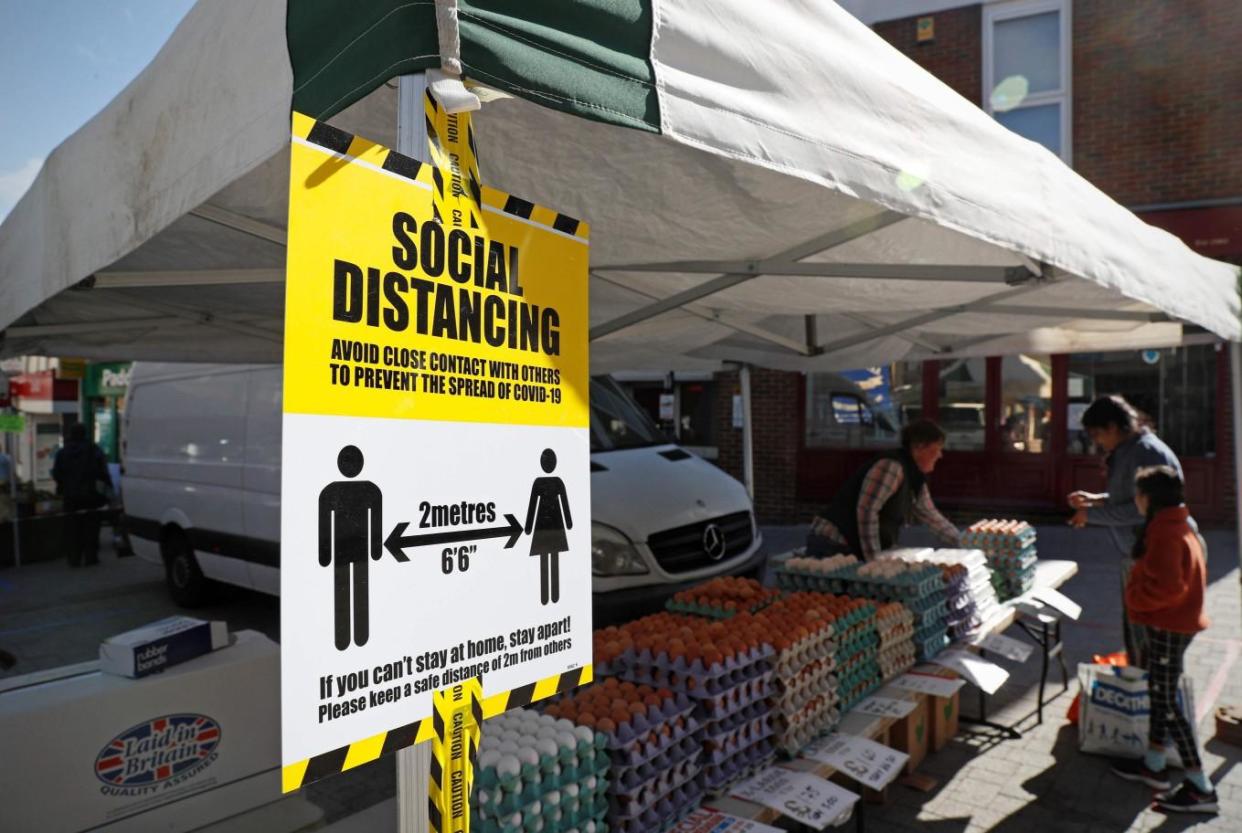Trust in government’s handling of coronavirus now diverging along Brexit fault lines

It has dominated the news and public debate for nearly half a decade. Now, it seems, not even a global pandemic and 40,000 people dying can unite Britons over Brexit.
Attitudes towards the lifting of the coronavirus lockdown now appear to be diverging along long-standing Remain and Leave fault lines, research suggests.
Those who wanted out of the EU are more likely to trust the government’s handling of the Covid-19 crisis and the current easing of restrictions.
But those who voted to stay in the block appear less inclined to believe Boris Johnson has got a grip of the situation and fear a second spike will come as a result.
The data – part of research by King’s College London – also suggests a third smaller group exists: those who are least concerned about health crisis and just want an end to ongoing restrictions.
People with this viewpoint come from both sides of the Brexit debate and are mostly concerned about the financial impact of current measures.
The findings, compiled via an Ipsos MORI poll, show a stark contrast to attitudes just two months ago when there was almost universal agreement on a lockdown among Britons.
At the start of April some 90 per cent of us were estimated to support the government’s actions.
“We went into the lockdown incredibly unified, with nine in 10 of the public supporting the measures,” says Professor Bobby Duffy, director of the Policy Institute at King’s College London. “But we’re becoming much more divided on the way out.
“In particular, our views are now aligning much more clearly with our underlying political identities.”
Of those trusting of the government’s actions – named the Trusting group – some 63 per cent voted for Brexit. But of those who are more critical – labelled the Dissenting group – just 33 per cent were Leavers in 2016.
“The Trusting group have just as high fears about the direct health risks as the Dissenting group,” says Professor Duffy. “But they have utterly different views of the government’s response. The Trusting are putting their faith in the government, the Dissenting very clearly are not, with only 4 per cent thinking the government has done a good job.”
In total, 38 per cent of people polled trusted the government and 38 per cent did not. The remaining 24 per cent were those who felt the crisis was being overblown and wanted a return to normality.
Read more
The cyclist’s century? How Covid-19 is reshaping cities around bikes
Even my Albanian barber could see the UK was heading for catastrophe
Hold inquiry into pandemic mistakes before second wave, scientists say
Sunday trading laws could be relaxed to help economy
Private schools could be forced to close doors for good over Covid-19
Coronavirus R-rates in England’s regions revealed for first time

